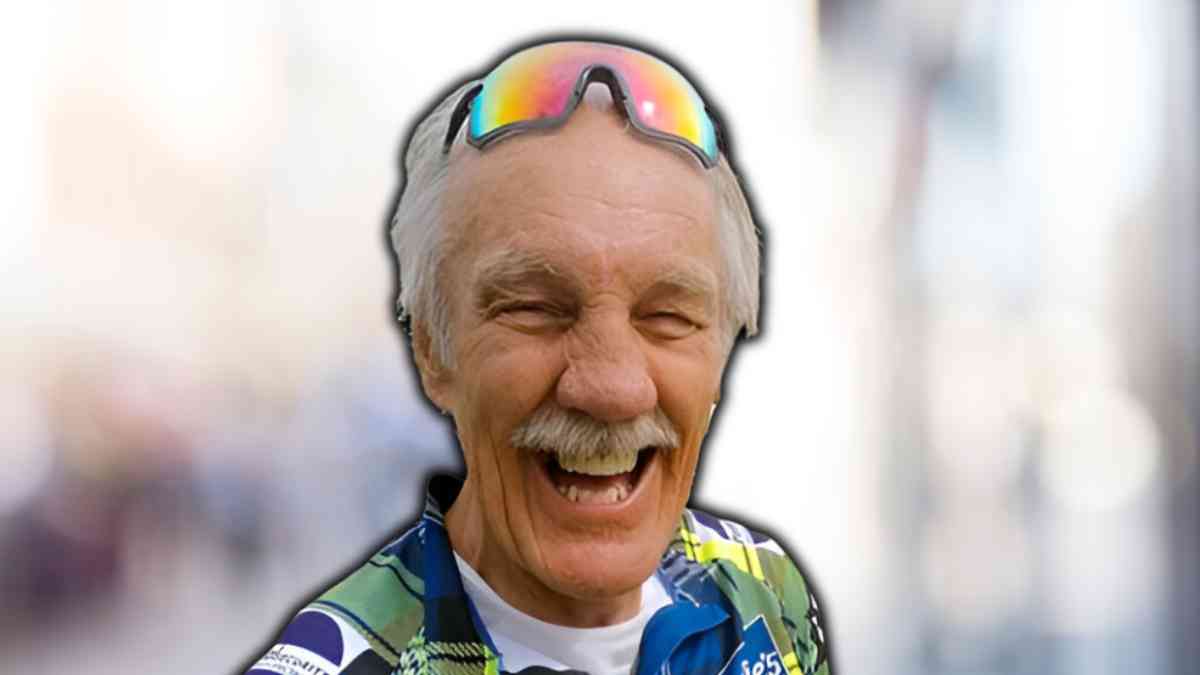Roger Uttley: The Relentless Force Behind England’s Rugby Glory

Roger Uttley is a name synonymous with grit, leadership and unyielding commitment in the annals of English rugby. Known not just for his powerful physicality on the pitch but also for his strategic intellect off it, Uttley has carved a legacy that transcends generations. From his formidable presence during the 1974 British and Irish Lions tour to his astute coaching roles in England’s rugby evolution, Uttley remains one of the sport’s most respected and enduring figures. This in-depth profile explores the remarkable journey of Roger Uttley, charting his path from a dedicated schoolteacher to a revered rugby legend.
Early Life and Introduction to Rugby
Roger Miles Uttley was born on 11 September 1949 in Blackpool, Lancashire. A product of the northern grit that has produced many of England’s sporting greats, he was introduced to rugby during his school years. He attended Blackpool Grammar School and later went on to study at Loughborough College, one of the UK’s renowned institutions for sport. It was here that Uttley’s natural aptitude for rugby began to flourish, and his physical prowess combined with sharp tactical acumen caught the attention of selectors.
His early playing days were spent at Fylde Rugby Club, where he quickly established himself as a player of immense potential. Not long after, he moved to Gosforth RFC, a team that would serve as a vital platform for his development and catapult him onto the national stage.
Rise to National Stardom with England
Uttley made his international debut for England in 1973 during the Five Nations Championship. Standing out not only for his size and strength but also for his exceptional versatility, he could play both as a lock and in the back row. This adaptability made him an invaluable asset to the England squad throughout the 1970s.
Between 1973 and 1980, Roger Uttley earned 23 caps for England. Though this number might seem modest compared to modern standards, it was significant during an era when international fixtures were fewer and competition for places was intense. His playing style was defined by hard tackling, relentless work at the breakdown, and unmatched endurance. He captained the national side five times, earning the respect of teammates and opponents alike.
Perhaps the most notable moment of his international career came in 1980 when he was part of the England team that achieved the Grand Slam in the Five Nations Championship. This triumph remains one of the high points in English rugby history, and Uttley’s contributions throughout that campaign were critical to its success.
The Legendary 1974 Lions Tour to South Africa
Roger Uttley’s rugby legacy would be incomplete without recognising his role in the British and Irish Lions’ 1974 tour of South Africa. Coached by Syd Millar and captained by Willie John McBride, the Lions went undefeated throughout the tour – a feat that earned them the nickname “The Invincibles”.
Uttley featured prominently, playing in all four test matches against the Springboks. His uncompromising style of play, especially in the fiercely contested physical battles, helped define the tone of the series. In the final test in Johannesburg, he scored a crucial try that helped secure a draw, sealing the Lions’ series victory at 3-0 with one draw. His performances throughout the tour were widely lauded and remain a touchstone in the folklore of British rugby.
Coaching Career and Leadership Beyond the Pitch
After hanging up his boots in 1980, Uttley didn’t stray far from the game. His understanding of rugby’s nuances made him a natural choice for coaching and management roles. He began his coaching journey with the London and South East Division and later became involved in England’s national set-up.
One of his most significant coaching milestones came during the 1991 Rugby World Cup, where he served as assistant coach to Geoff Cooke. England, under their guidance, reached the final – a first in the nation’s history – where they narrowly lost to Australia at Twickenham. Uttley’s tactical awareness and motivational skills were integral to England’s progression through the tournament.
In 1997, Roger Uttley was appointed manager of the England national team. Though his tenure was brief, ending due to RFU budget cuts, he remained deeply respected for his disciplined, player-first approach. He believed in holistic development, balancing technical training with the psychological demands of elite sport.
Career in Education and Physical Development
Parallel to his rugby career, Uttley remained committed to education. A qualified teacher, he worked as a Physical Education instructor at Cramlington High School before taking on the prestigious role of Director of Physical Education at Harrow School, one of the UK’s leading institutions. His two decades at Harrow reflect not just his dedication to sport but also to nurturing young talent and instilling the values of discipline, teamwork, and perseverance.
His dual career in education and sport exemplifies a rare blend of intellect and athleticism. For Uttley, the playing field and the classroom were both arenas for shaping character.
Honours and Contributions to Charity
Roger Uttley’s contributions to rugby and education have been widely recognised. He was appointed an Officer of the Order of the British Empire (OBE), a fitting tribute to a man who has given so much to his sport and community.
Away from rugby, he has been a passionate advocate for charitable causes. He is a patron of Cerebral Palsy Sport and has supported several children’s charities, including Sparks and Wooden Spoon. His charitable work underscores a life dedicated not only to personal achievement but also to service and social responsibility.
A Legacy Carved in Determination
Roger Uttley’s story is not merely about sporting excellence. It is about resilience, adaptability, and a refusal to accept anything less than total commitment – whether on the rugby pitch, in the coaching box, or the classroom.
His legacy is multifaceted. As a player, he was a warrior – powerful, courageous, and endlessly determined. As a coach, he was a thinker – methodical, analytical, and motivational. As an educator and mentor, he was a builder – shaping the minds and bodies of future generations.
For those who played with or against him, and for those who learned under his guidance, Roger Uttley remains a figure of immense respect and admiration.
Influence on Modern Rugby
Even though the game of rugby has evolved dramatically since Uttley’s playing days, his influence still echoes in the ethos of the sport. Modern players who blend physical strength with intelligence mirror the attributes Uttley embodied.
Furthermore, his holistic approach to player welfare – long before it became a buzzword in professional sport – is now seen as standard. He believed in understanding players as people first, advocating for balance, emotional intelligence, and mental toughness.
His ability to cross disciplines – from elite sport to high-level education – has set a benchmark for what rugby professionals can achieve beyond their playing careers.
Conclusion
Roger Uttley’s name may not dominate modern headlines, but for anyone who knows the history of English rugby, he is an undisputed icon. His journey from a Blackpool schoolboy to a Lions legend and respected coach is a blueprint of sporting excellence combined with human depth.



